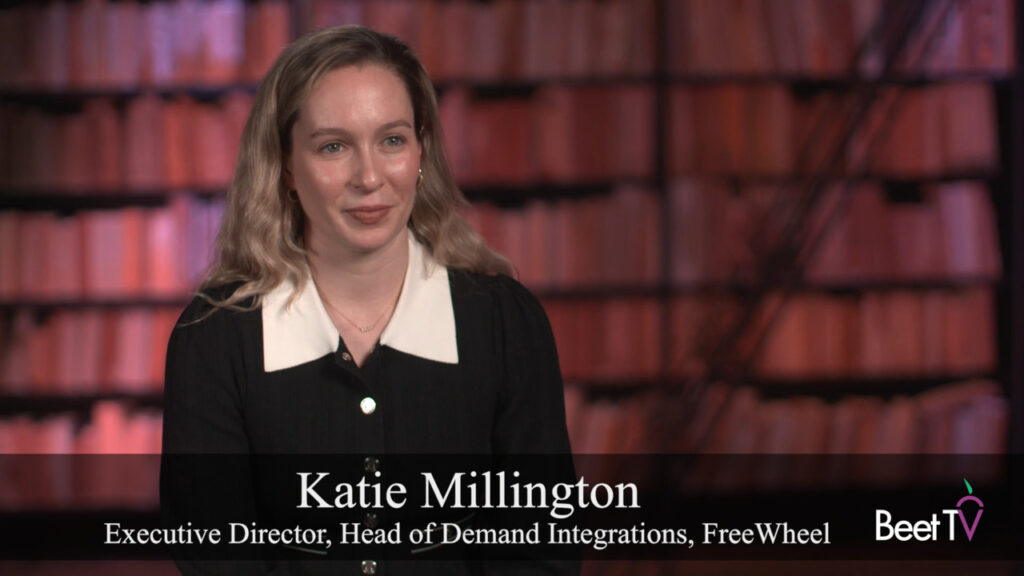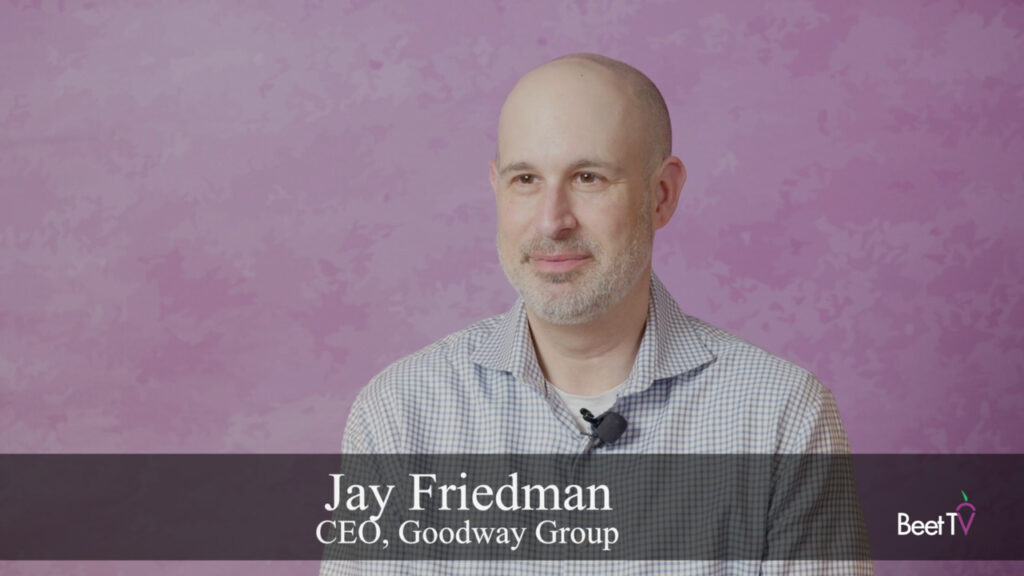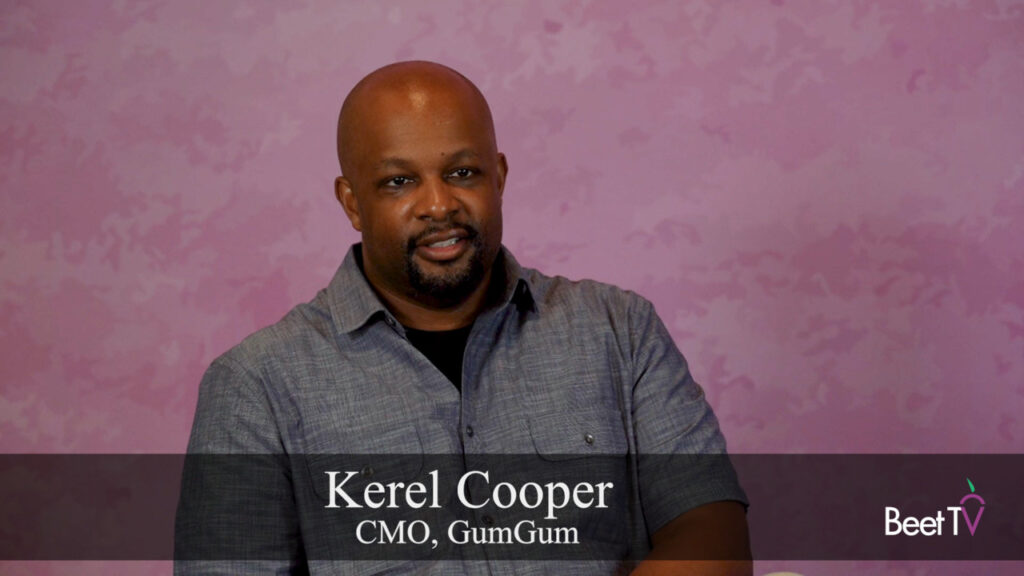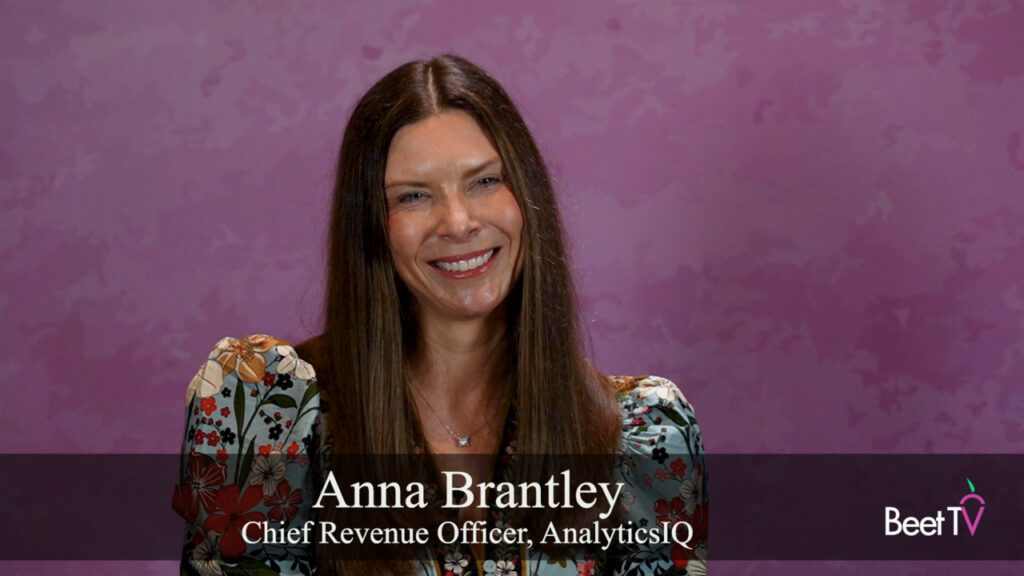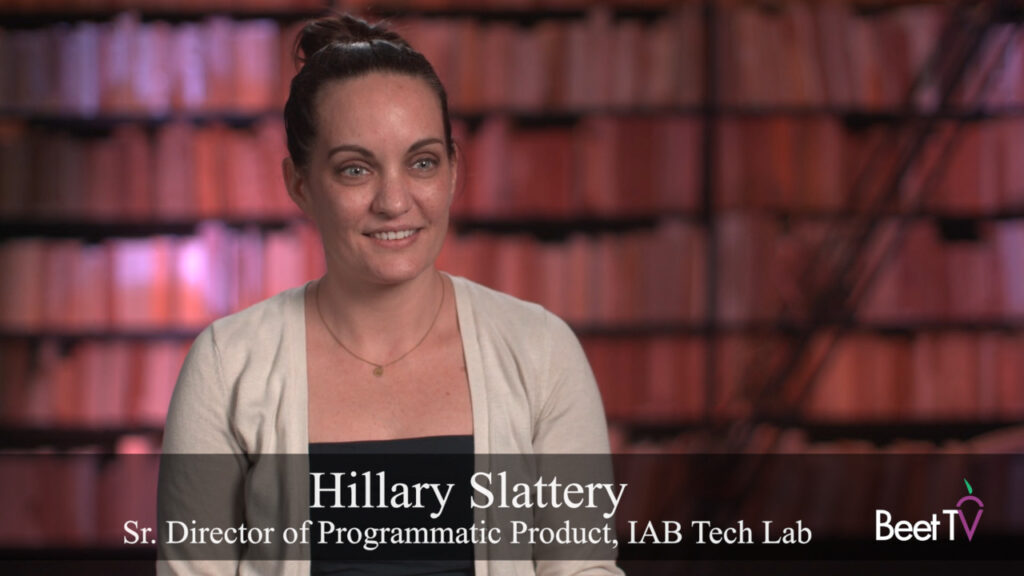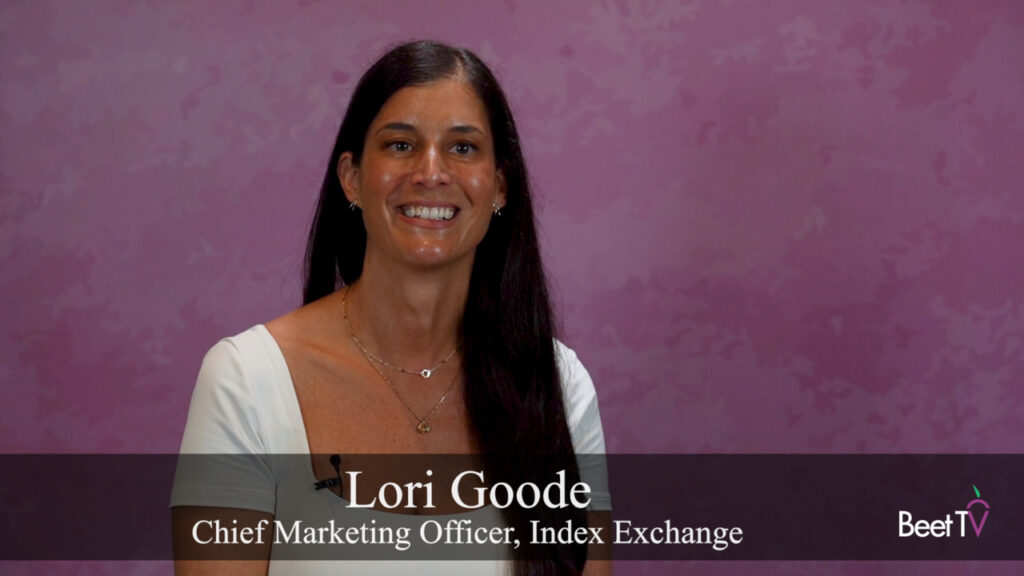SANTA MONICA, CA – A patchwork of privacy regulations worldwide has pushed marketers to be more careful about handling personal information about consumers. The result has been what marketers call a loss of signal, or the diminished ability to gather insights about people’s exposure to advertising and their intentions to buy a product.
Signal loss is “a topic that we’ve known has been coming for a while,” Chris Feo, senior vice president of global sales at consumer-data company Experian, said in this conversation with Beet.TV contributor Mike Shields at the Beet Retreat Santa Monica. “The last few months….it’s been over-focused on the deprecation of the cookie.”
Google this month began offering people who use its popular Chrome browser the ability to control cookies, the small pieces of code that websites store on browsers to track online activity and preferences. Connected television doesn’t rely on cookies, making signals such as an internet protocol address more significant.
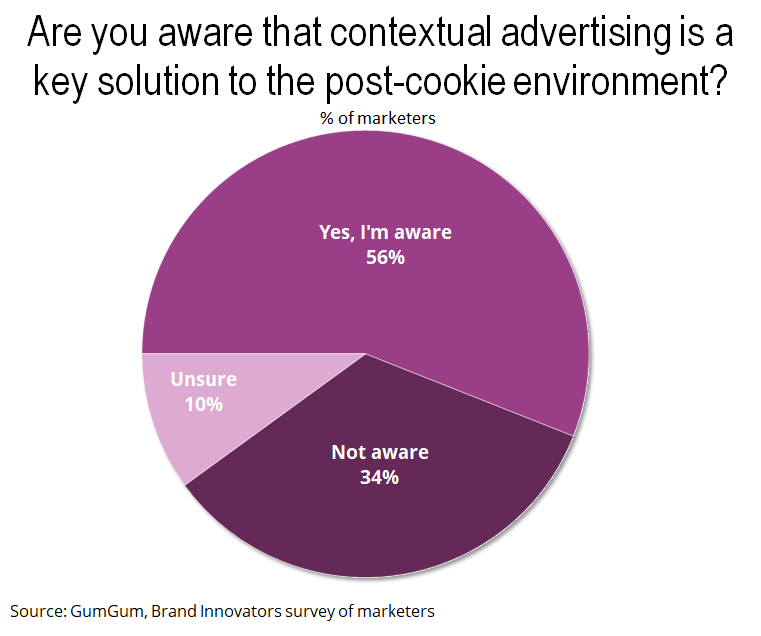
“The cookie is not relevant in TV,” Feo said. “We’re talking about IP address, which both in principle and in practice is like a fundamental piece of connectivity in this new age world where we have phones, computers, tablets, TVs and refrigerators – and everything else that will eventually have content and advertising on it.”
There has been a debate about how marketers will adapt to signal loss, adopting other identifiers that help to track a consumer’s online activity without revealing personally identifiable information. There’s a possibility that identifiers will focus on households.
“The household will become the new consumer just by the nature of the signal and how personalized that you’ll be able to get,” Feo said. “The household will become that new correlation to what a person looks like from a targeting standpoint.”
You’re watching Beet.TV’s coverage of Beet Retreat Santa Monica. This series and event is sponsored by Experian, Moloco and OpenX. For more videos from the series, please visit this page.




























